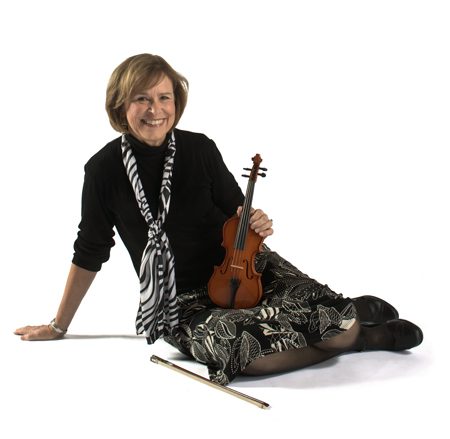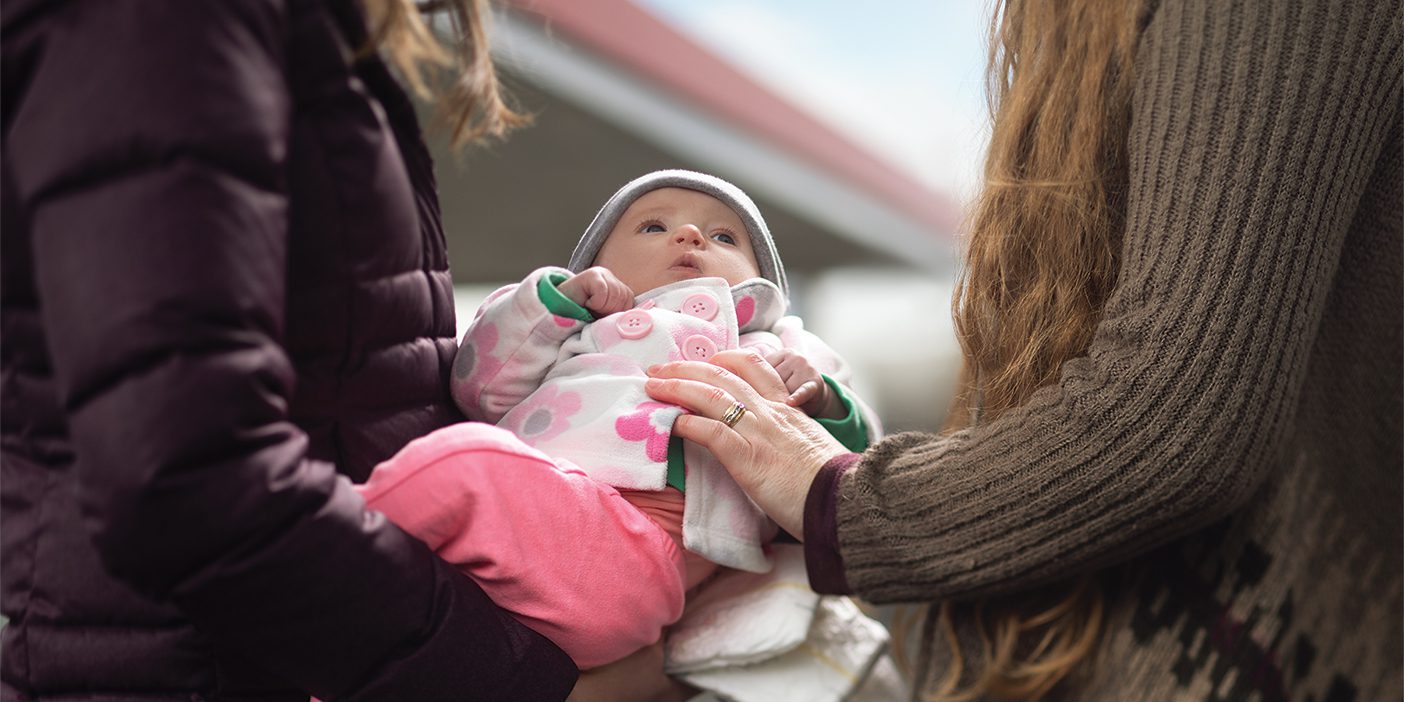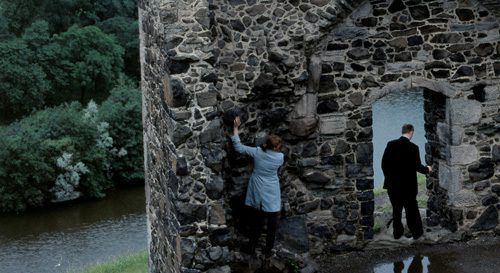Susan Kenney, associate professor of music education, advises you to expose your children to music—soon.

Susan Kenney, associate professor of music education, advises you to expose your children to music – soon.
The nationally syndicated TV shows Sesame Street and Shari Lewis and Lamb Chop have consulted Susan Hobson Kenney (MA ’78) for her musical expertise, as has the U.S. Department of Education for its “Start the Music Summit.” As the founding director of BYU’s Young Musicians Academy, Kenney offers music discovery classes on campus for preschoolers and their parents. Here are her tips for your little ones.
Q: Why do you encourage parents to expose their children to music when they are young?
A: All children are musical—it’s a human characteristic—and the more experiences they have with music before age 3, the easier music is as they get older. The people who give them those musical experiences are their parents. It happens in the home.
Q: How can parents create musical experiences for their children?
A: It’s so important that parents sing. If parents don’t feel comfortable singing, then they can move to music with their children and listen to recorded orchestral music in many varieties. Build a broad foundation when the children are young and they will have many experiences to choose from when they are old enough to take traditional private music lessons.
Q: When should children begin taking music lessons?
A: If they’ve had a rich music background, children are ready to take traditional private music lessons at 7 or 8. From ages 9–13, they can understand why drills—repetitive exercises—are necessary to help them learn. If they start in their teens, music lessons are hard because teenagers are very self-conscious. Somewhere between age 7 and 13 is the ideal time to get music lessons going.
Q: What is the most effective way to encourage a child to practice?
A: Create a routine. Practice in most homes works best if it’s early in the morning. Then it’s never a question of, “Have you done your practicing yet?” but more, “At this time—that’s when you practice.” Be with your children when they practice. Help them understand what they are supposed to do and ask them to explain it to you.









